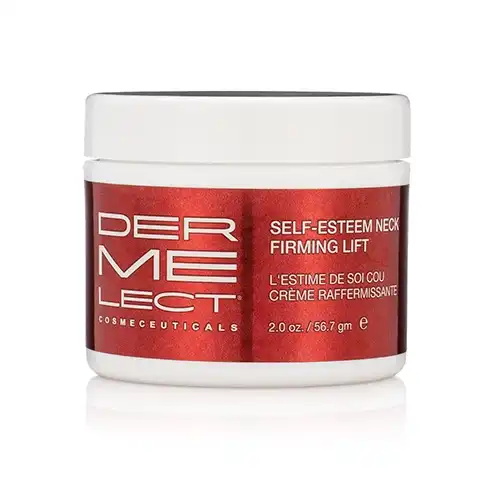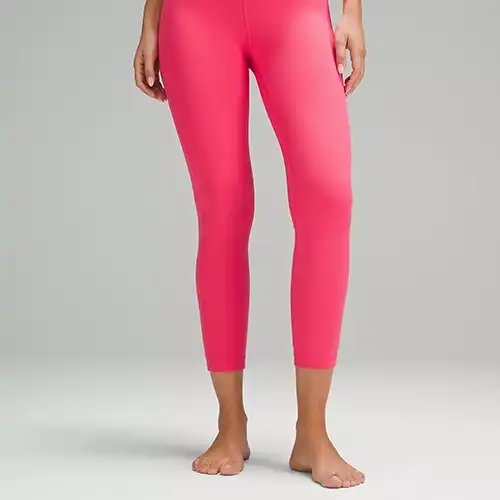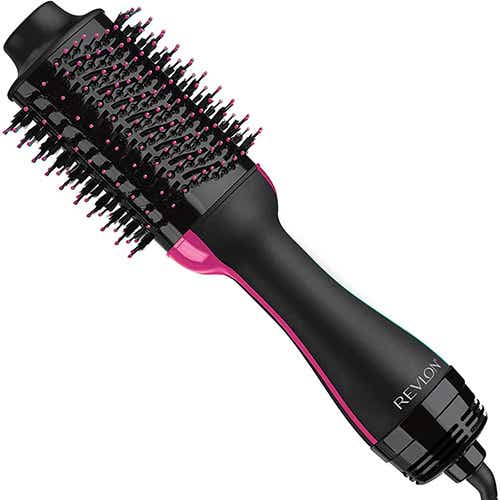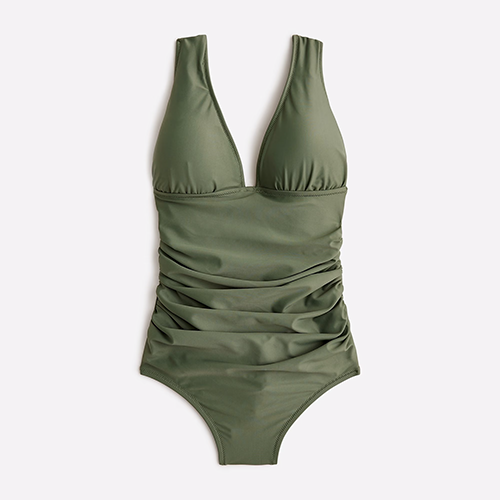From hot flash hacks to spotting solutions, an OBGYN shares her advice on how to keep symptoms of menopause under control this summer
Summer can either be the happiest time of the year… or borderline miserable if you’re dealing with symptoms of menopause. After the stress of the past year, you deserve to have your best summer ever, and menopause shouldn’t put a stop to that. That’s why, with the help of our friends at menopause essentials company Kindra, we asked OBGYN Dr. Seema N. Shah about everything from vacation sex to summer spotting worries. She gave us some great advice to ensure that no matter where you are on your menopause journey, you can sail off stress-free into the summer sunset.
Problem?
You’re on a romantic summer getaway with your partner, but you’re worried that when it’s time to get intimate, you may experience vaginal dryness.
Solution:
Concerns about vaginal dryness should be the last thing on your mind when you’re in the mood to be intimate, but it’s a very common concern once women hit a certain age: “Vaginal dryness is a common issue in midlife and menopause. A decrease in estrogen causes a decrease in moisture in the vagina and the vulva,” according to Dr. Shah. Luckily, she says “there are many ways to navigate dryness, including the use of lubricants that are specifically formulated for the vagina and vulva, like the Kindra Daily Vaginal Lotion.” Regardless of how you combat vaginal dryness, Dr. Shah stresses that communication with your partner is key: “As we mature, it’s normal for it to take longer to achieve arousal. Studies show good communication about sexual needs increases the frequency of sexual activity which increases lubrication and can create a positive feedback loop. You absolutely can be sexually aroused and not have adequate lubrication, but generally arousal is a good first step.” Kindra’s Core Supplement is another item to consider packing for your trip – it is made with clinically-studied extracts that have shown to improve skin suppleness, hydration, and to boost libido.
Problem?
You’re hot as heck and ready to take a dip, but you’ve experienced some unexpected spotting recently, and you’re worried it might sneak up on you while you’re in your bathing suit.
Solution:
First of all, know that you’re not alone in the slightest: Dr. Shah says that approximately 70% of gynecological consults for women in the perimenopausal and menopausal transition involve irregular bleeding. Even though it’s common, Dr. Shah suggests that you contact your healthcare provider if you experience more than two cycles where spotting occurs outside of your cycle, or if you have any kind of vaginal bleeding after you’re told you’re in menopause (meaning that you’ve gone one year without a period).
So now that we know this happens to most women, it’s time to find a bathing suit that’ll make you feel gorgeous while also hiding spotting. Whether you’re at the beach, pool, or just sunning in your backyard, we absolutely love rashguards. No they don’t have the sexiest name, but these zip-up swimsuits are great: They’re easy to take on and off if you need to get to the bathroom ASAP (“up to 57% of women may experience some type of incontinence in the peri and post menopausal time period,” says Dr. Shah), they help suck in any extra belly fat you might be carrying, and most of them offer shoulder coverage to help you avoid too much sun exposure. We even found one that’s specially made for women who have had mastectomies- and it’s on sale! If you’re worried about spotting, we also love a dark- colored swim dress. Make sure you’re regularly using your Kindra vaginal lotion to feel even more comfortable and confident, because once your partner sees how sexy you look in your new suit your day just might take a romantic turn.
Problem?
You want to spend the evening out on the town, but you know that an unexpected hot flash could ruin not just your hair, makeup, and outfit, but your whole night.
Solution:
“Hot flashes,” says Dr. Shah, “are a hallmark symptom of menopause.” The bad news is that it’s difficult to mitigate the side effects of hot flashes once they’ve begun, because sweating is the body’s natural attempt to cool down when it senses a temperature increase. Dr. Shah suggests understanding possible triggers for your hot flashes: “For some women, the hot flashes can be associated with stress, so solutions that target stress may be an effective tool. In others, there’s a time pattern associated with the flashes, such as in the middle of the night, so helping women find something that doesn’t disturb the sleep pattern is effective.” Natural supplements may also help mitigate hot flashes in some women: French Maritime Pine Bark Extract (also known as Pycnogenol) is a key ingredient in all Kindra Supplements, and according to Dr. Shah “studies showed a 77% improvement in hot flashes after 12 weeks of use.” She emphasizes that “People with underlying medical conditions or taking multiple supplements and medications at the same time should always consult with their primary healthcare provider before taking or adding natural supplements.”
No matter what triggers your hot flashes, there are little ways to help you feel more confident and secure when you’re out and about. We suggest keeping a “menopause pouch” in your purse with a mini deodorant stick, hair ties, Kindra lotion, pantiliners for spotting, body wipes, dry shampoo, and maybe even an extra T-shirt (depending on how big your purse is!) — even if you don’t end up needing it, having it with you might make you less stressed.
Problem?
You desperately want to feel present and calm while vacationing with friends and family, but you’re too anxious to really enjoy yourself.
Solution:
Anxiety is common among people of all ages, but the menopausal transition may heighten your anxiety or trigger it for the first time. For some women, an increase in feelings of stress might be caused by a lack of sleep, in which case incorporating something like Kindra’s Sleep Enhancing Supplement into your evening routine could be a real game-changer. In addition to interrupted sleep, Dr. Shah says that for some women new onset anxiety could be caused by major life changes, like your children going off to college or having to take care of aging parents. For other women, newly diagnosed depression or anxiety may have no clear trigger at all.
The best non-pharmaceutical tool for people of all ages who suffer from anxiety is practicing mindfulness. Says Dr. Shah, “Multiple studies show that a mindfulness practice decreases the production of the stress hormone cortisol, which causes an increase in heart rate and blood pressure. This can decrease not only the anxiety itself, but also hot flashes that are associated with anxiety.” If starting a regular mindfulness practice sounds overwhelming, apps like Headspace make it easy by guiding you through meditations of varying lengths. If you’d rather go it on your own, just try to quiet your mind down and focus on your breath — or incorporate something soothing like a lavender face mist to help calm you down, so you can get back to what’s important.
Want more info on your menopause journey? Our friends at Kindra have created a very helpful quiz to help you navigate the change.













